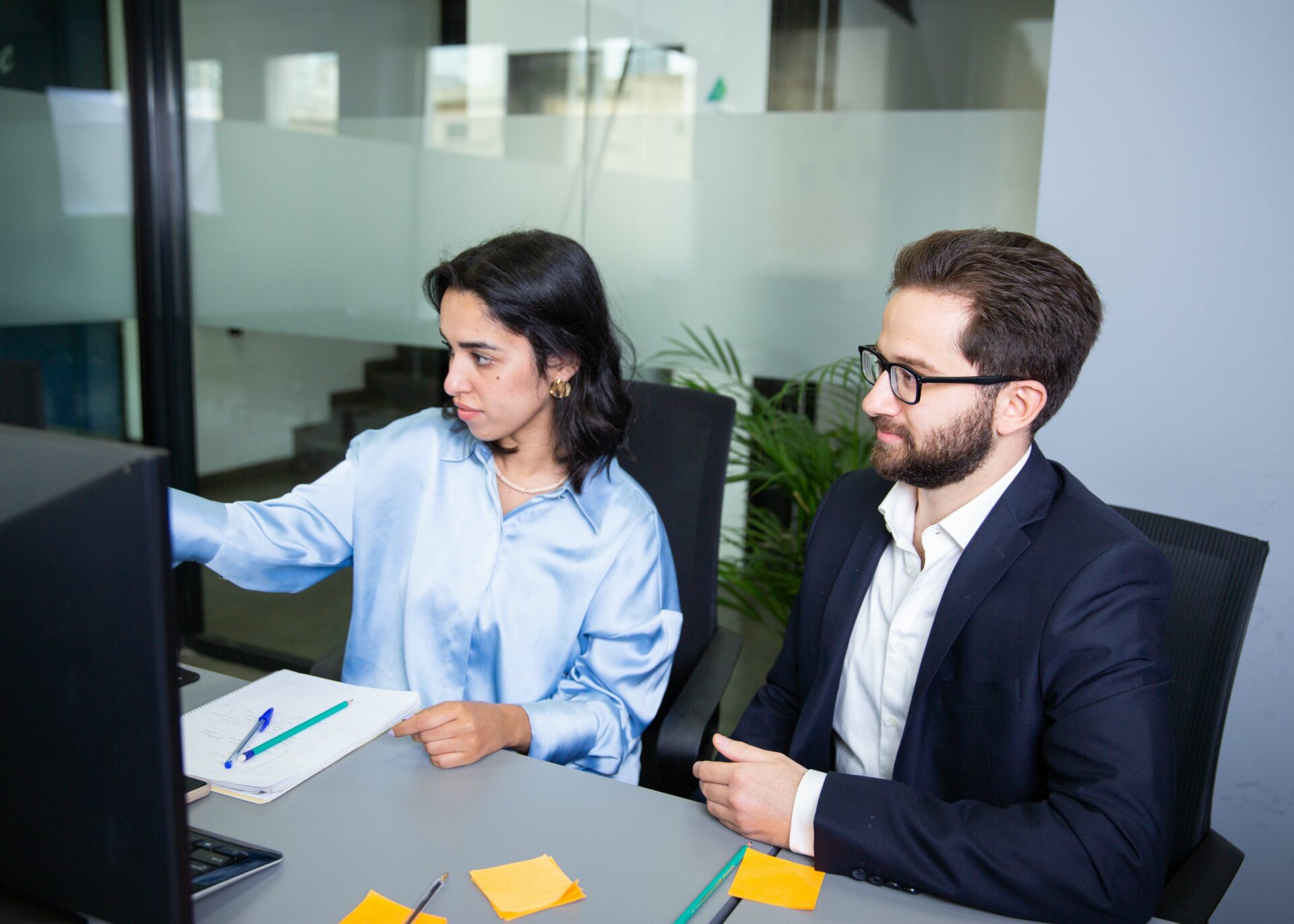Expert networks could be one of the sharpest tools in a consultant’s kit, especially when you’re trying to crack and get real-time business insights on fast-changing regions like the Middle East and the GCC.
Used right, expert networks give you direct access to professionals and subject matter experts. But the real value doesn’t come from just having these conversations. It comes from knowing how to prepare, pick, probe, and pull insights that truly shape your strategy.
This guide walks you through exactly how to do that, step by step, so you can get maximum value from the expert networks you work with.
Phase 1: Laying the Groundwork
Let’s not sugarcoat it: expert network calls are only as good as your preparation.
Before you even look at expert profiles, get brutally clear on what you want to learn. What specific market shifts are you trying to understand in the GCC? What blind spots do you have? What’s the hypothesis you’re testing?
This kind of clarity helps you build a strong brief for the expert network. That brief should include:
- A short project background
- Key questions or focus areas (e.g., “What’s the realistic market share for a new digital bank in the UAE?”)
- What kind of expert do you want to speak to (e.g., “Former CMO at a Saudi telco”)
Also, prep a loose discussion guide or topics to discuss. Even if you don’t follow it strictly, it gives you a flow and keeps you from forgetting to ask that one critical question mid-call.
A well-run expert network consultation can shape your entire approach from day one.
Phase 2: Picking the Right Expert
Once the groundwork is set, the expert network will send you a handful of expert profiles to choose from, and this is where most of the value is either won or lost.
You’re not looking for generalists. You want specialists with deep, direct experience in the countries or sectors you’re targeting. If you’re trying to understand how Saudi Vision 2030 is disrupting construction, an expert who’s actually managed projects in Saudi Arabia will be leagues more helpful than someone who only advises from abroad.
Good expert networks, especially those focused on the Middle East, should already pre-screen for relevance. But you should still do your due diligence and ask clarifying questions if needed. A great expert network will pre-check, pre-screen, and run a full due diligence on the expert for you before the call in order to best fit your needs.
Phase 3: Running the Consultation
This is the heart of the whole process, the expert network call itself.
Use your prepared questions as a flexible guide, not a script. Ask open-ended, exploratory questions like:
- “What’s a common mistake foreign firms make when entering the GCC market?”
- “Which part of the regulatory environment do people usually underestimate?”
- “Can you walk me through a project where you saw this play out?”
Push for stories. Ask for specifics. Let the expert talk. Often, the gold comes in the offhand remarks, and not the rehearsed lines.
Phase 4: After the Call
Don’t just close your laptop and move on.
Right after the consultation, while the details are still fresh, write down the top takeaways. Think about:
- Did this expert confirm what I already believed, or challenge it?
- What surprised me?
- How does this affect our strategy in the MEA/GCC?
- What action can we take based on what we just learned?
Share the summary with your team i you need to. Add it to your internal knowledge base. And yes, give feedback to the expert network. Let them know how relevant the expert was. It helps them improve future matches and shows you’re a thoughtful partner.
Conclusion
Expert networks aren’t just about booking 1 to 1 calls. They’re about building smart, targeted conversations that drive real decision-making, especially in complex, high-growth regions like the Middle East and GCC.
When you put in the prep, pick the right people, guide the conversation well, and digest the insights properly, expert networks become more than just research. They become a strategic advantage.
So don’t waste the opportunity. Extract the full value. Play it right, and every expert network call can be a springboard to better choices and sharper wins. To launch your project, submit your request here.


